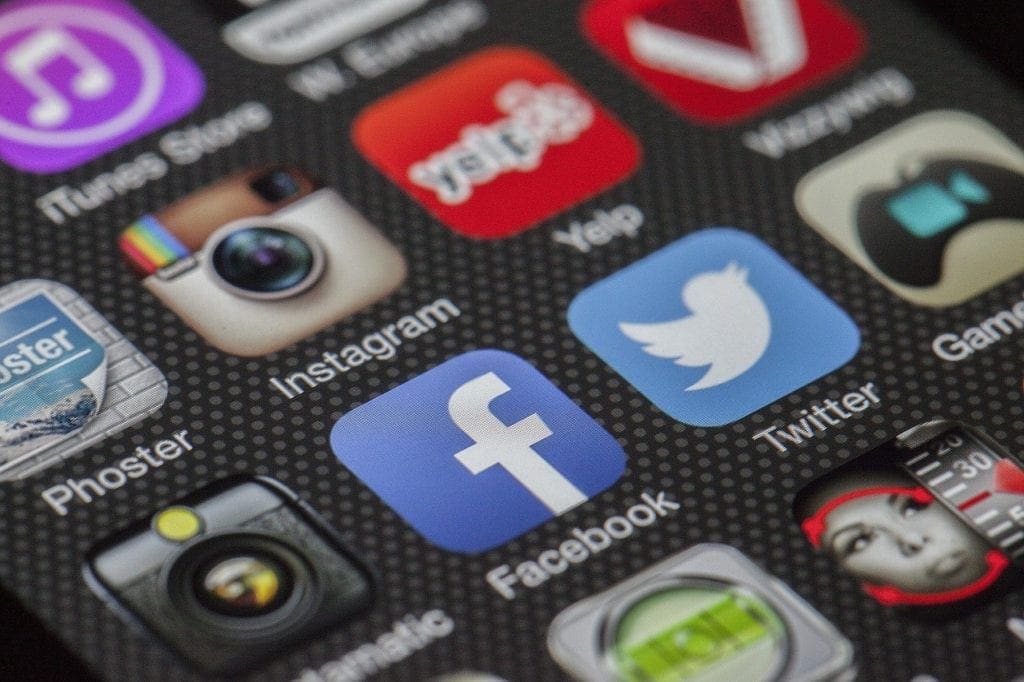As I explained in another article for The Advocates, tech companies like Facebook, Google, YouTube, and others are all protected under Section 230 of the Communications Decency Act. Meaning that they cannot be held liable for people’s posts. Despite this legal barrier, tech companies have, for the past couple of years, worked to weed out offensive content by labeling it as extremist or misinformation. But they haven’t done this alone, as they’re fully backed by elected officials.
Despite the industry’s efforts, lawmakers seem unhappy with the results.

During a hearing on Wednesday, tech giants failed to convince House members they were working tirelessly to make the Internet safe.
Additionally, they told officials, they are investing in both technology and trained professionals in order to deal with the potentially bad actors using their platforms. Unfortunately, lawmakers weren’t impressed, so they threatened to pursue legislation if firms “refuse to cooperate.
“They’re going to have to do more,” panel Chairman Bennie Thompson (D-Miss.) told reporters, while Rep. Max Rose (D-N.Y.) accused tech firms of offering “technocratic” explanations while “people are being killed.”
This hearing, which was held three months after the Christchurch, New Zealand mosque shootings, served as a means for members of the House Homeland Security Committee to criticize Twitter, Facebook, and Google for not taking the matter seriously. Furthermore, Rose said that the Global Internet Forum to Combat Terrorism, a coalition of top tech firms sharing information on on violent users, is a “joke of an association,” with other members of the committee pressuring the firms to do more about the anti-vaccine sentiment spreading online.
But whenever the conversation focused on censoring content, some lawmakers raised concerns regarding freedom of speech, with a few even attacking the outlets for being biased against conservatives.
“Years ago, required reading I had was the book ‘1984,’” Rep. Debbie Lesko (R-Ariz.) said. “And this committee hearing is scaring the heck out of me.”
“If somebody Googles vaccines, the answer was, ‘Oh, we’re going to put over what the person is actually looking, for what we think is best,’” Lesko said. “Who are the people judging what’s best, what’s accurate? This is really scary stuff and really goes to the heart of our First Amendment rights.”
While technology has helped consumers and Internet users become more connected than ever, the online public forums of the day aren’t as free or as committed to putting the user first. Instead, companies like Facebook have long both feared and cooperated with government officials, exposing users to a series of abuses as a result.
But because government officials have the power to regulate any company out of existence, even those who have cooperated, we can’t expect to see tech giants acting any different from any other firm under Washington’s radar. Instead of standing up for users, and even making use of Section 230 to justify embracing a more hands-free approach, it’s clear that we’re about to see more censorship, not less. And who suffers because of this government-sponsored fishing expedition? Anyone who dares to question the status quo.

























